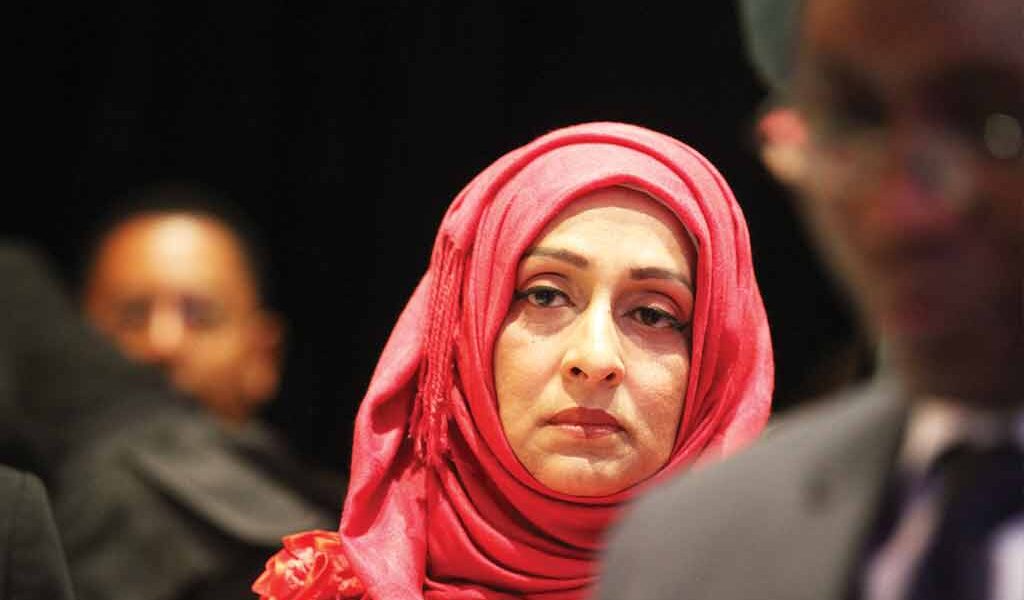The vaccine is expected to be available in selected areas next year
KAGO KOMANE
The world’s first malaria vaccine was piloted in selected African countries last week as part of a coordinated pilot implementation programme, which is expected to make the world’s first malaria vaccine available in selected areas next year (2018).
This was revealed by the World Health Organization Regional Office for Africa (WHO/AFRO) on Thursday.
The vaccine is expected to protect young children from the deadliest form of malaria caused by Plasmodium falciparum. During the pilot programme, the vaccine will be assessed as a complementary malaria control tool that could potentially be added to the core package of the health organization’s recommended measures for malaria prevention.
WHO Regional Director for Africa Dr. Matshidiso Moeti said in a statement that information gathered during this pilot stage will be very crucial in informing the steps that should be taken in regards to the malaria pandemic.
“The prospect of a malaria vaccine is great news. Information gathered in the pilot will help us make decisions on the wider use of this vaccine. Combined with existing malaria interventions, such a vaccine would have the potential to save tens of thousands of lives in Africa,” she said.
According to studies, Africa bears the greatest burden of malaria worldwide. While global efforts in the last 15 years have led to a 62 percent reduction in malaria deaths between 2000 and 2015, approximately 429,000 people died of the disease in 2015, the majority of them young children in Africa.
Just last month, The Ministry of Health and Wellness Permanent Secretary Shenaaz El-Halabi warned that the country was experiencing a high level of malaria transmission following the recent heavy rains.
She said there has been an increase in infections in malaria prone areas namely; Okavango, Ngami, Chobe, Boteti, Tutume and Bobirwa and that cases of the disease had also been reported in areas that do not usually have malaria. These included North East, Serowe, Palapye, Mahalapye, Kgatleng, Kweneng, Kgalagadi South and Gantsi.
“Malaria is a serious disease transmitted by mosquitoes and can cause death if not treated quickly. Therefore, it is important to recognize malaria signs as early as possible. These include fever, severe headache, chills, sweating, abdominal pains, nausea, vomiting and confusion,” she said.
According to WHO, this pilot programme will assess whether the vaccine’s protective effect in children aged 5 – 17 months old during Phase III testing can be replicated in real-life. Specifically, the pilot programme will assess the feasibility of delivering the required four doses of the vaccine (RTS, S,) and its potential role in reducing childhood deaths and its safety in the context of routine use.
RTS, S is reportedly the first malaria vaccine to have obtained a positive scientific opinion from a stringent medicines regulatory authority, the European Medicines Agency (EMA), which approved RTS, S in July 2015.

